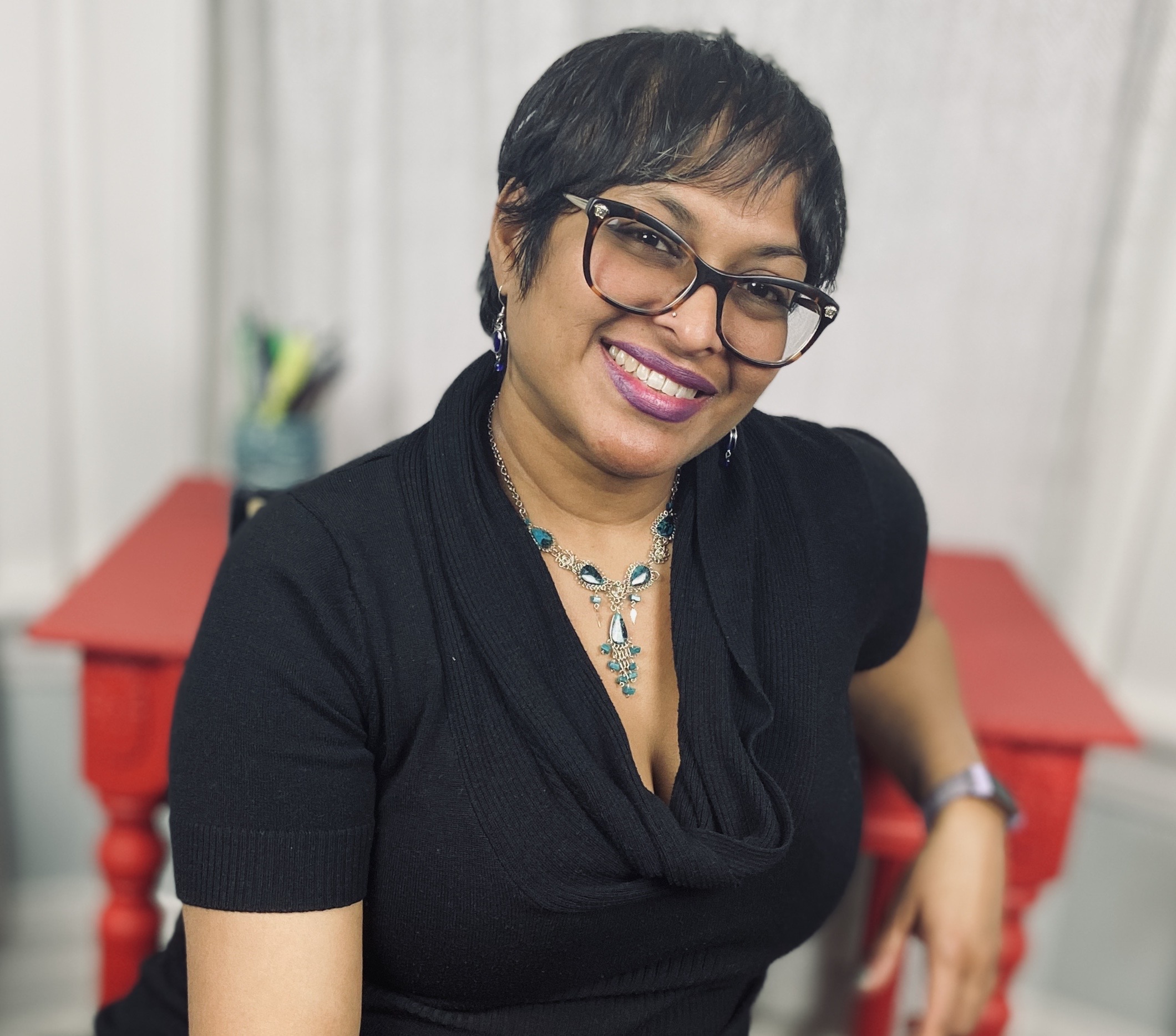If you’re the eldest daughter, you are likely the keeper of the family. It’s an important role, I suppose. It’s also a very exhausting role. Not only are you seen as the confident, capable, responsible one, but you own it. You own all of it, the title, the diligence, the hyper-vigilance, and the silent heaviness intrinsically tied to it.
I commented on Eldest Daughter Syndrome in Newsweek magazine, and the many ways it can have us feeling like a walking contradiction. We are expected to protect younger siblings, the home, family reputation and sometimes our parents, even from each other. We are to do it with grace, a smile and look radiant all the while. The charge is grand, grandiose really. But we do it because it is all we’ve ever known.
Despite the burden, there is a beauty that comes along with being the eldest. First born children are often conscientious and driven to excel in school, career and relationships. They are solution-based and diligent. We dive into high stress situations and figure out how to resolve them. We get things done.
The tragedy is that we feel a sense of restlessness and angst even when there is nothing to do, nothing to fix, nothing to complete. Yet, when we aren’t doing things, we ourselves may feel incomplete. We create tasks to work on, to finish, to produce. The doing feels perpetual.
Rest is a luxury, we tell ourselves. Mindfulness is a mirage. But these ideas are false. They were taught early and as a part of a larger system where girls and women must care for and nurture others. We are told it is our identity.
Yet, we can preserve the beauty of this role and embrace the ways it has strengthened us. To do so, we must leave the toxicity behind. It’s not a simple thing when how we perform seems to be intrinsically connected to who we are. But so many things are paradoxically connected. Our true work now is to pull it apart. And this is how we begin.
Permission is powerful. Allow yourself to shift away from unhealthy learned messages, even if uncomfortable at first. Guilt and shame may rise just as you try to push back against long-reinforced ideas, but that doesn’t mean these feelings are accurate. Remain curious about why you feel what you feel, and whether those are learned ways to feel or whether they’re valid.
Increase in your sense of presence. Move with mindfulness to connect with what you truly desire out of a situation, relationship or interest. In each moment, ask yourself if it is bringing you joy, not whether it’s what others expect of you.
Separate what needs to get done versus what you’d like to do. Often eldest daughters have had to handle talks out of necessity but less often are asked what we want. Ask yourself what you’d like to do rather than what you have to do. The have to’s aren’t going anywhere. Fiercely make space for what you want.
Embrace rest. Maybe you don’t want to do anything at all. Maybe staring at a tree, reading, walking without a destination, is what rest looks like for you. Do that. And do it even despite the guilt, until it starts to fall away. And it will. Because much of the guilt we feel is not real, it’s induced. Resting is not selfish. It is balance.
Honor all you’ve done, how loving you have been, how well you’ve cared for others and know that this very moment is for you. The past is gone. The future hasn’t happened. Right now is everything we have. Rest daughter, in this moment. You’ve done the work.
A note: Although I’m speaking specifically about eldest daughters, it is sometimes a younger daughter or only child who must take on the position of the eldest for various reasons. Sometimes, it may even be a younger male in the family who takes on the role of the eldest, although this is rare just because of the structure of most cultures and views of females. Either way, those placed in the role of eldest may hold a deep sense of care and responsibility for others and the outcome of circumstances. For all carrying this weight, I wish you rest and care.


